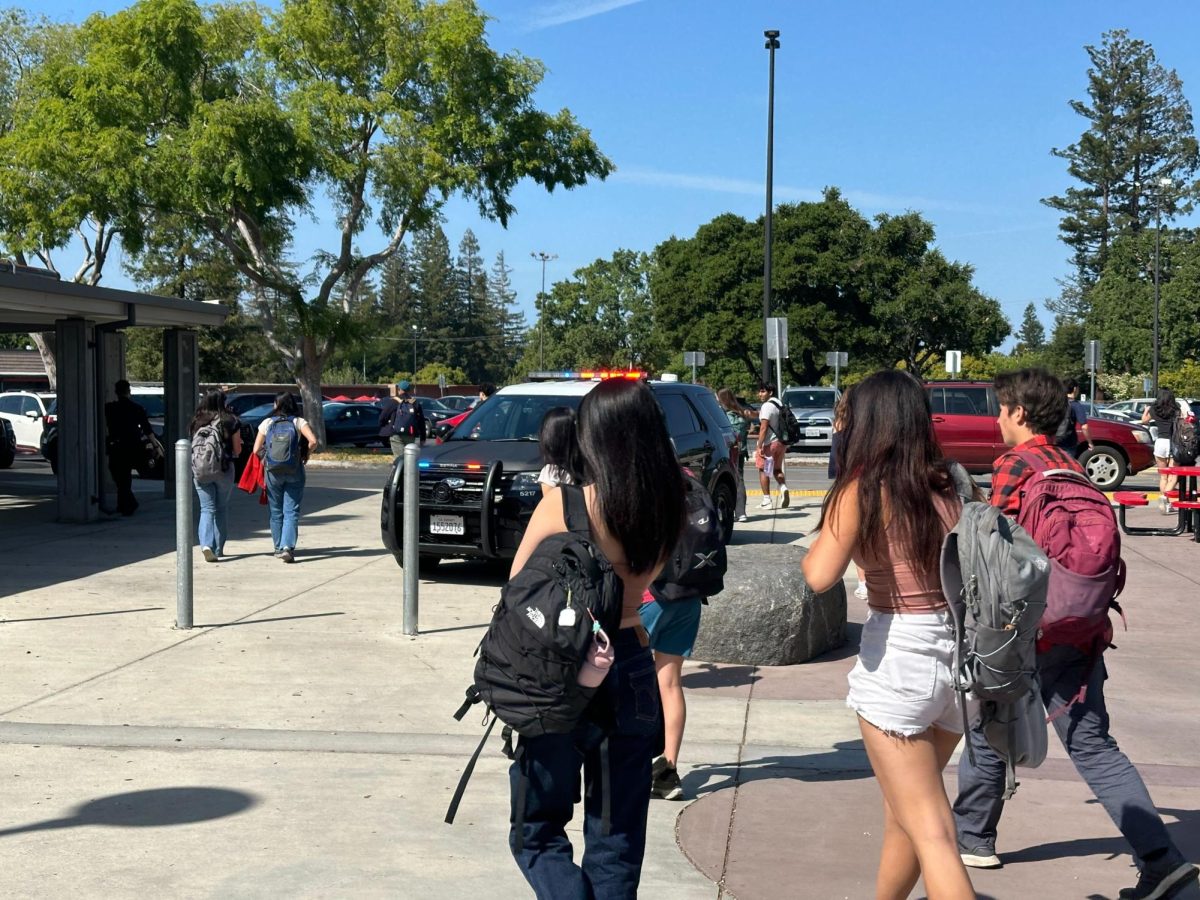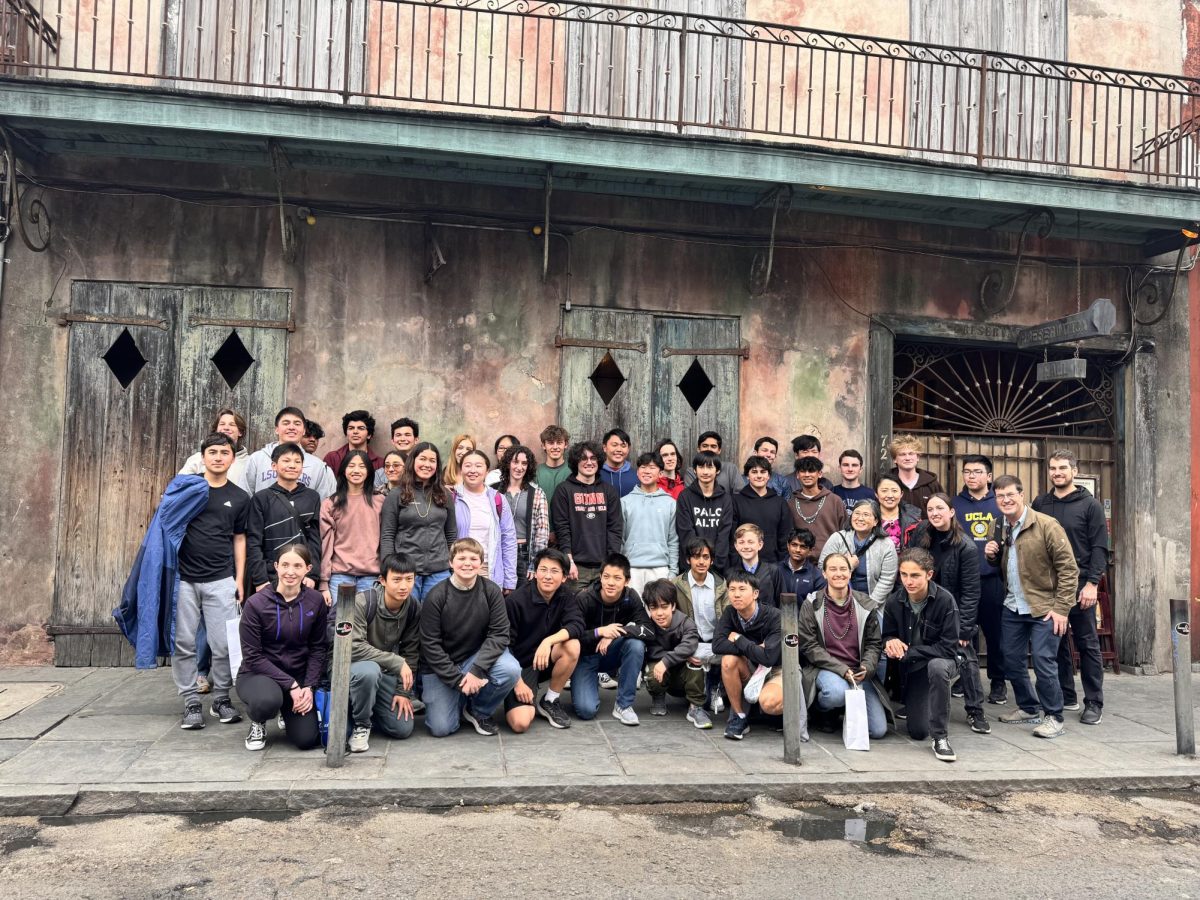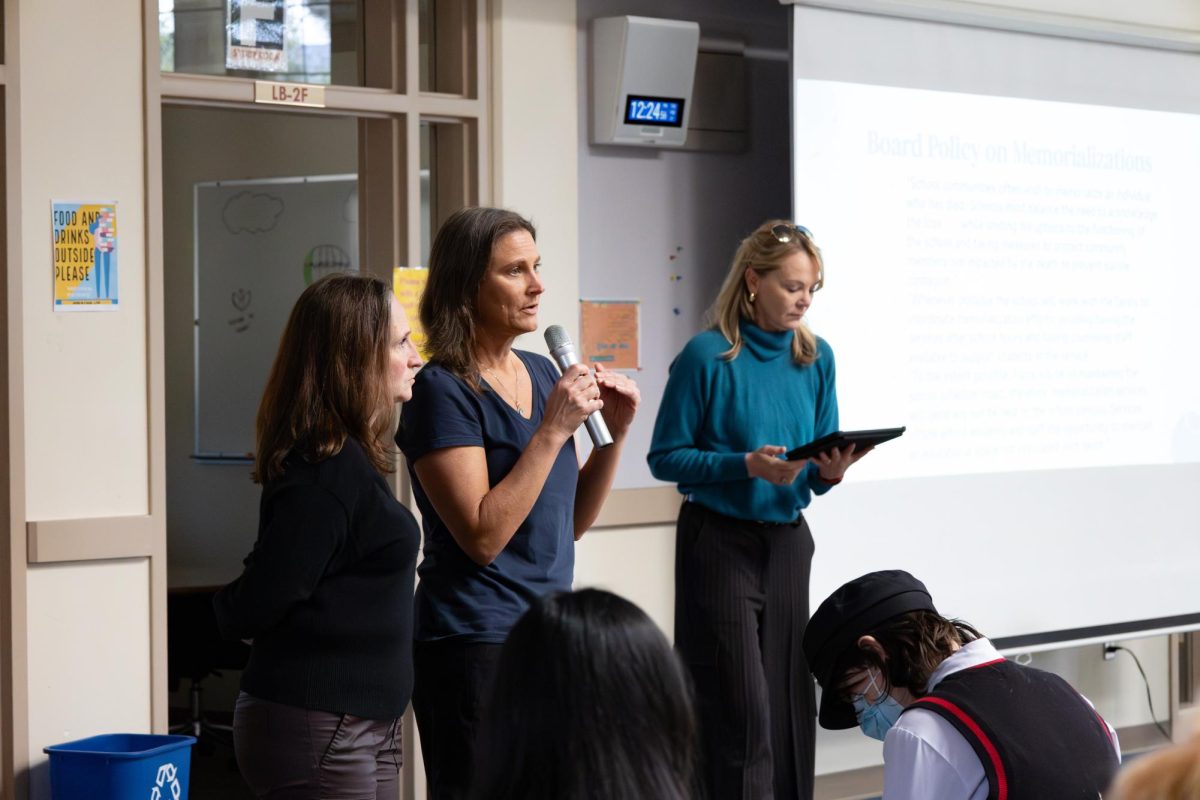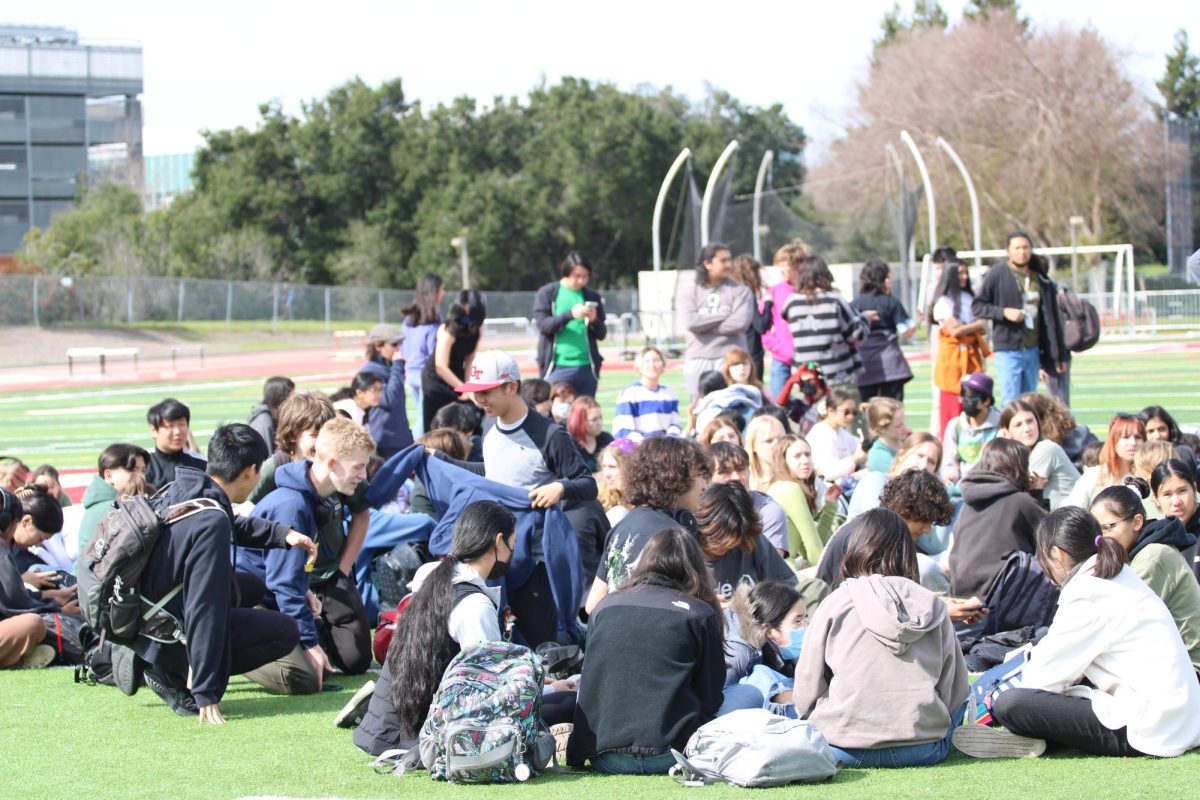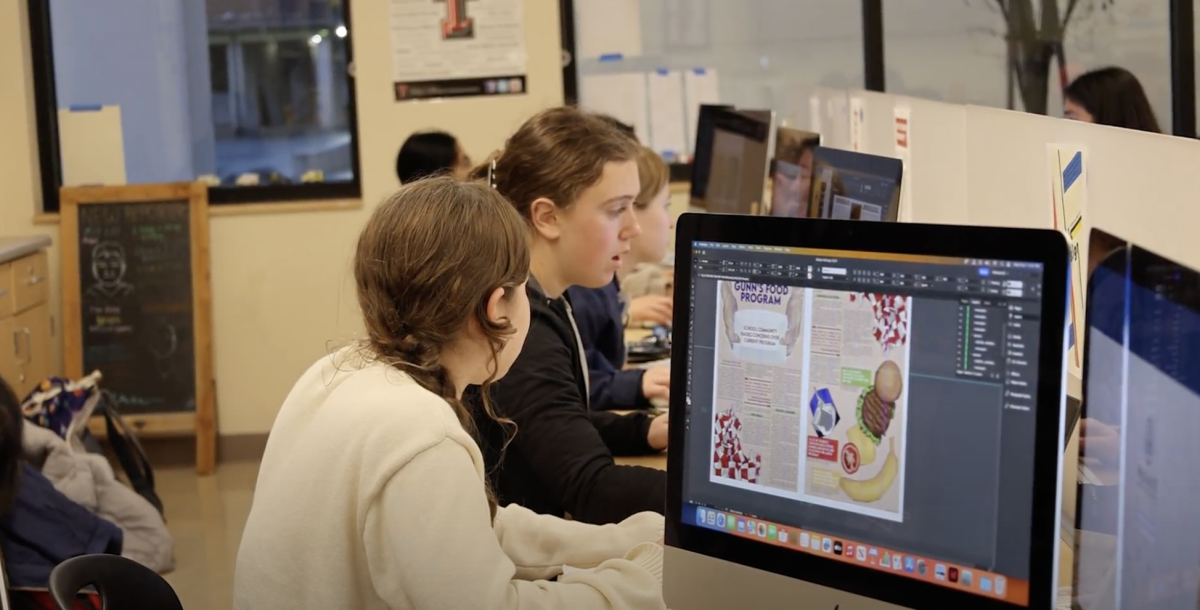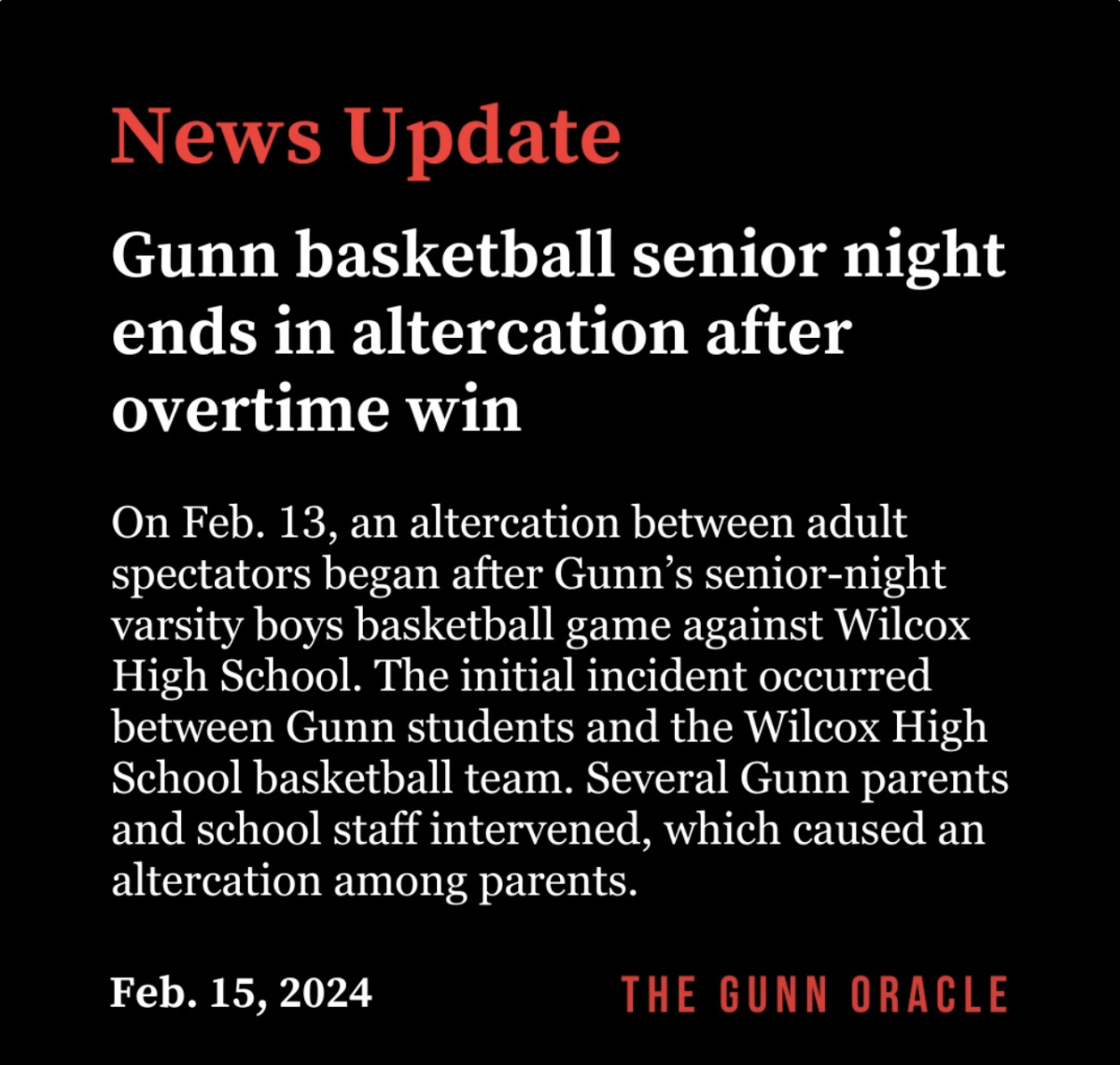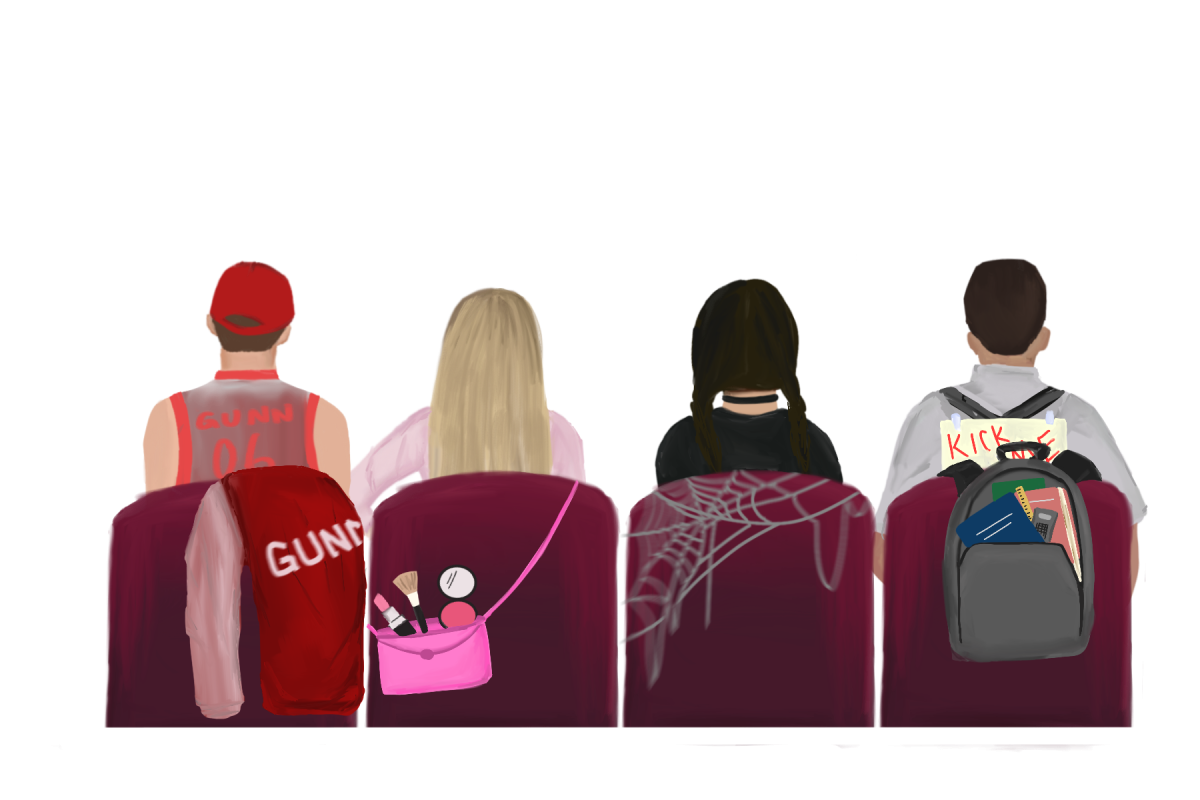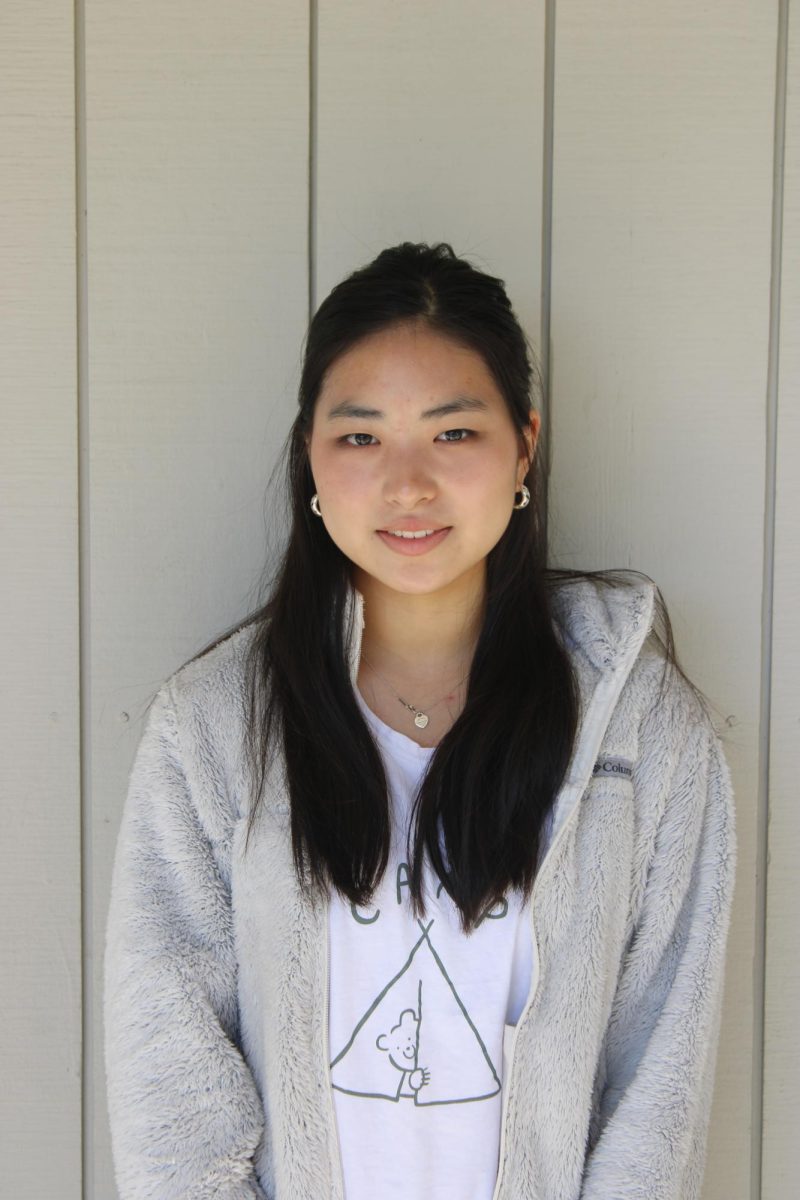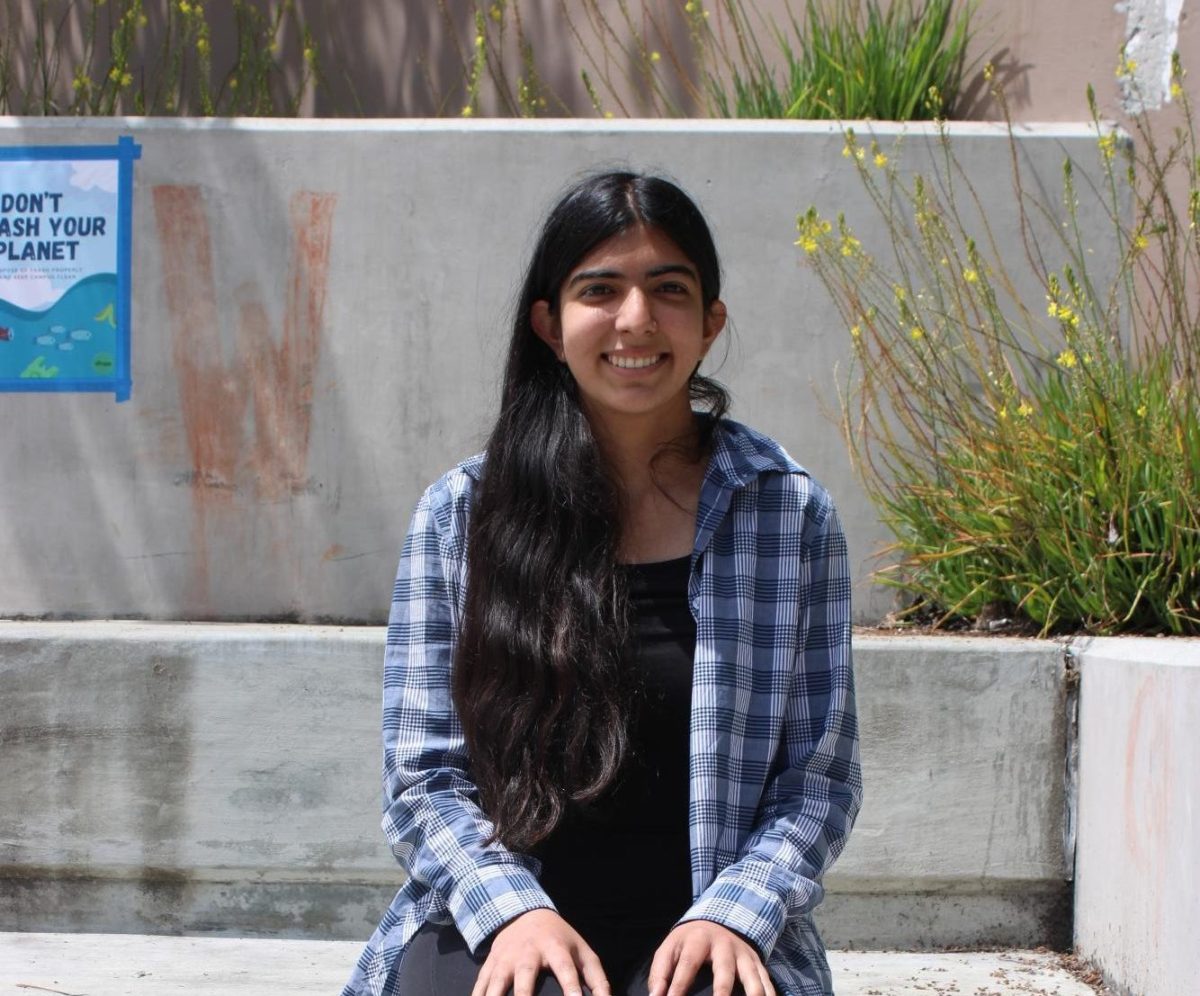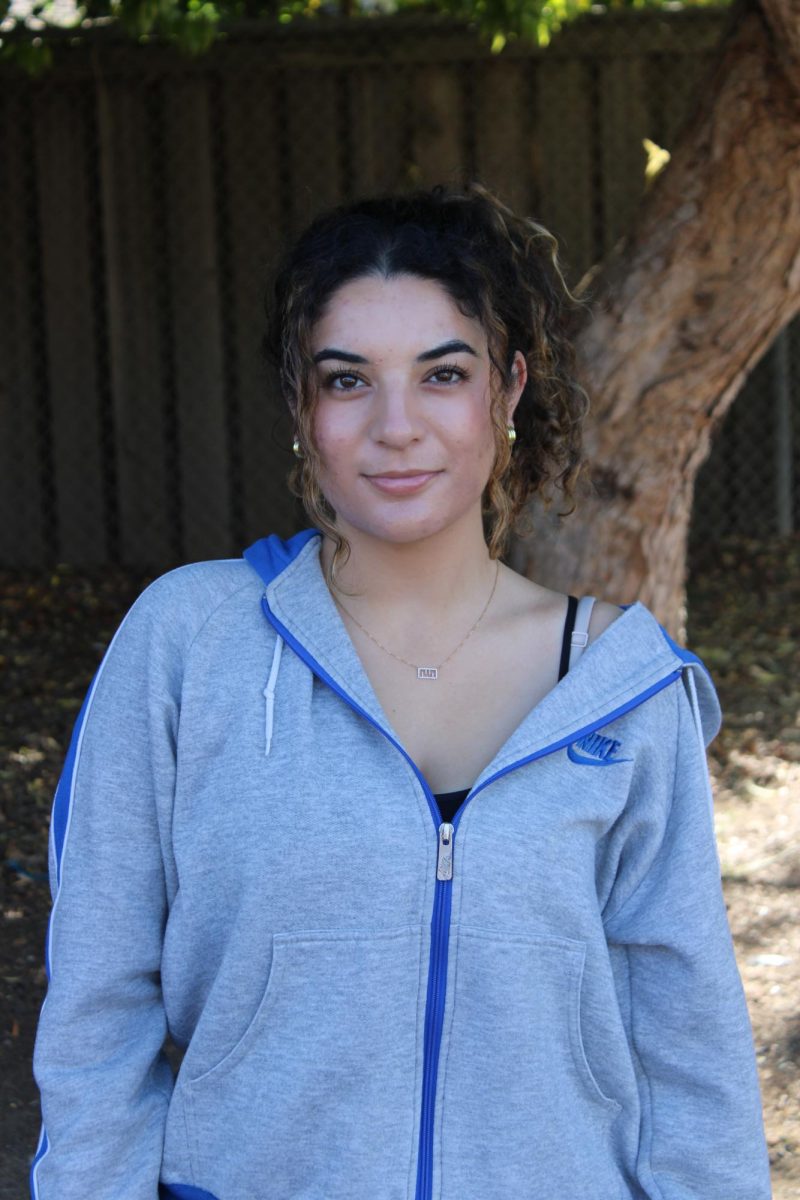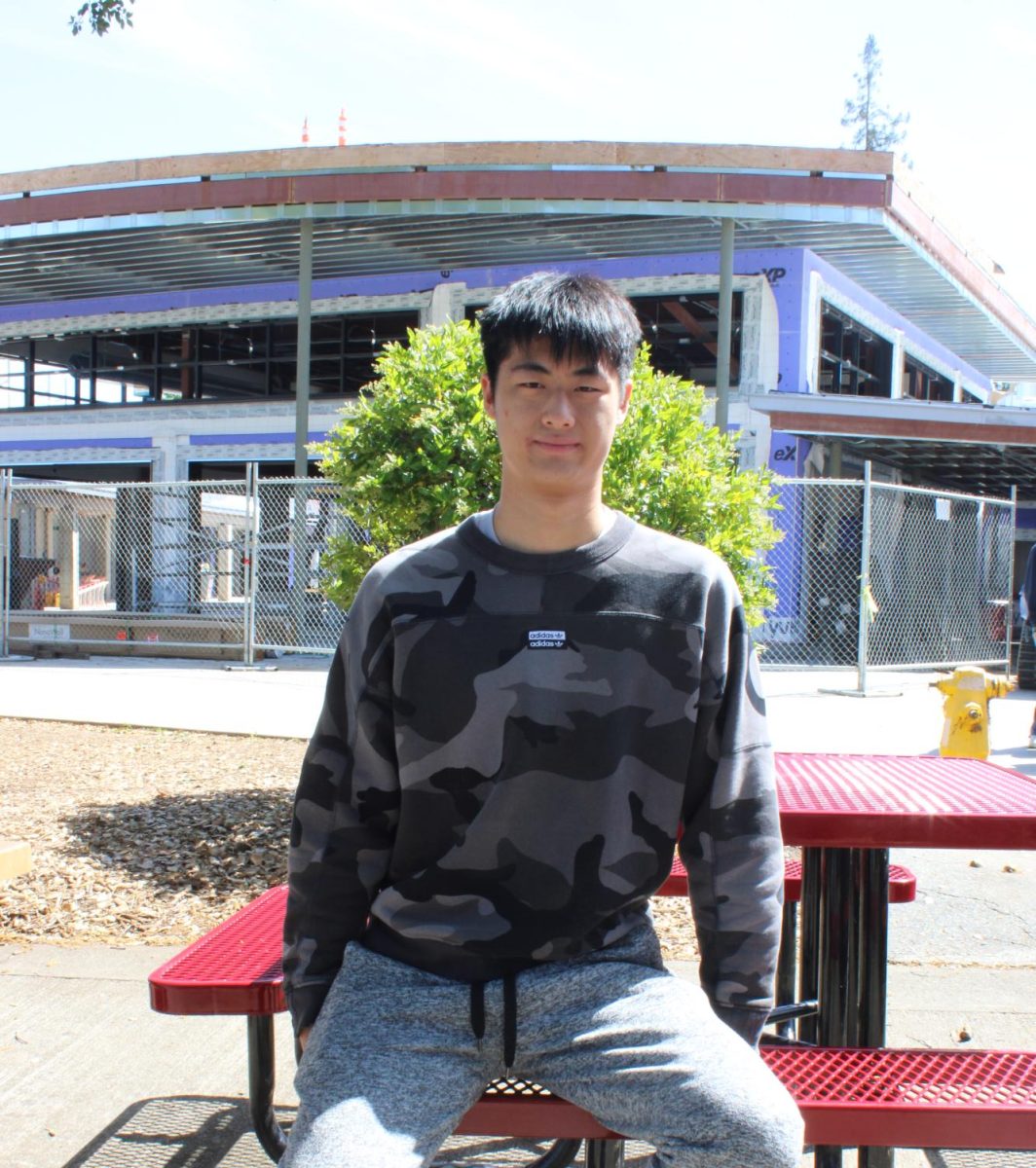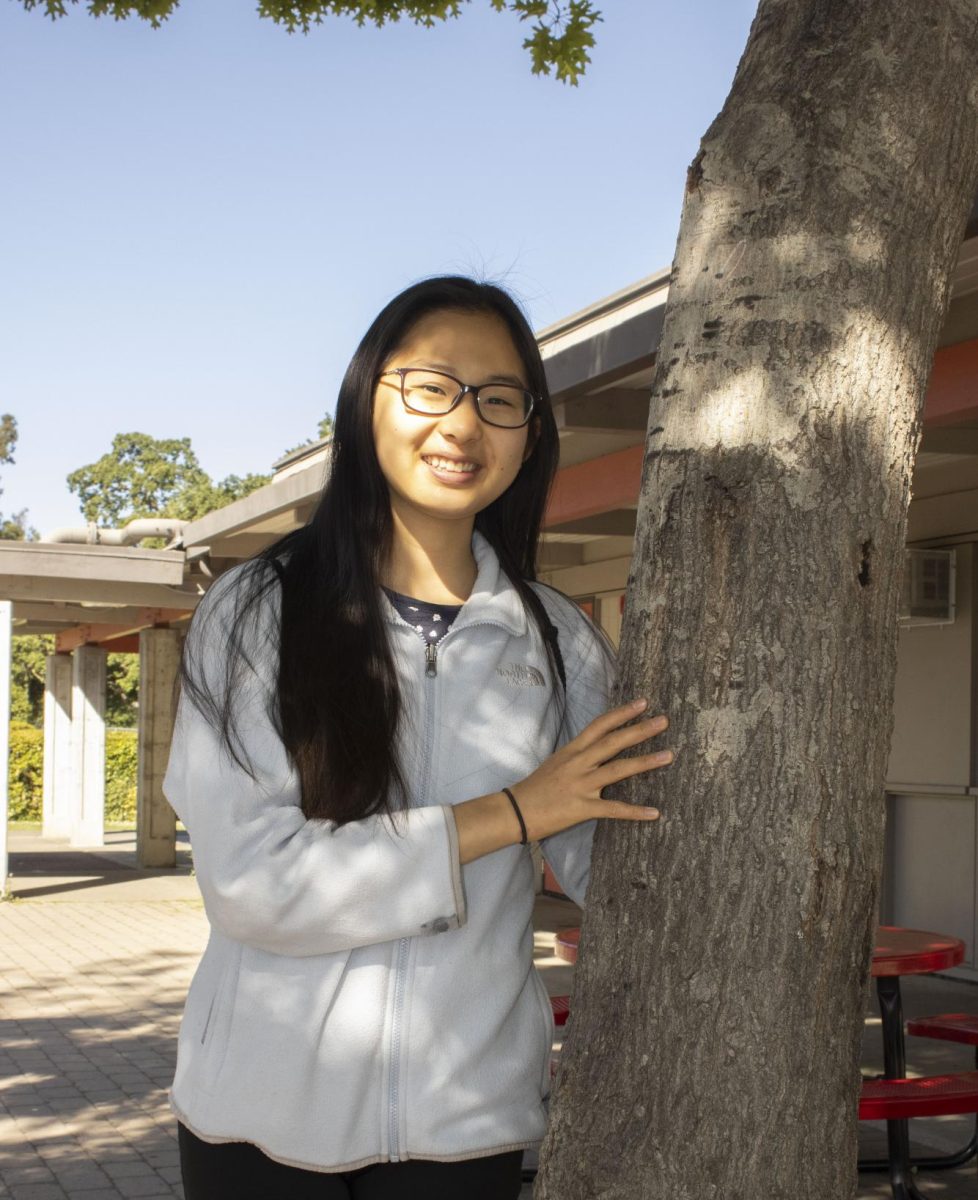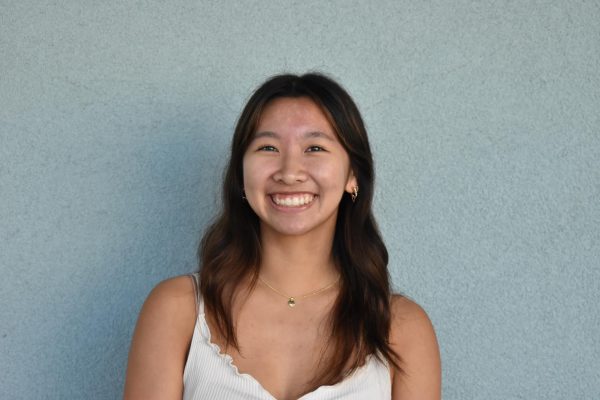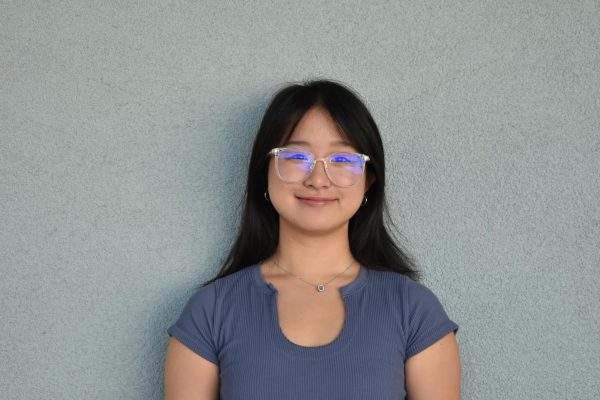On Dec. 12, students, staff and parents gathered in the library for Gunn Site Council’s biannual Data Night. During the meeting, they analyzed data sets to assess Gunn’s effectiveness in meeting the goals of the School Plan for Student Achievement and Western Association of Schools and Colleges. These data sets included student performance on standardized tests, surveys on well-being, grade reports, and Advanced Placement and honors course enrollment.
This year, the CAASPP and iReady assessments saw participation rates of about 96% and 98%, respectively. CAASPP English Language Arts and math scores, while still higher than the state average, saw a slight decline from last year. Some groups attributed the drop to the over 10% increase in participation. Students and staff recommended stronger support for lower-scoring socioeconomically disadvantaged students, incentives for students to give their full effort on the test, possible short breaks between tests and CAASPP testing before junior year.
Data from the iReady assessment, which gauges students’ literacy levels, showed that the proportion of students reading at mid or above grade level decreased as grade level increased. Moreover, 69% of students needing an intervention didn’t have access to a support class. In response to these observations, groups proposed that the district increase awareness about available support courses, provide more intervention classes, be more transparent with iReady score releases, and, as with the CAASPP test, create stronger incentives for students to take the test seriously.
Junior Melinda Huang was among those who studied the iReady data.
“We were pleasantly surprised at the high percentage of schoolwide participation,” she said. “As part of our brainstorm, we took notes on possibly seeking why students do not or have not accessed this support and how we can best address student needs.”
Participants also discussed measures of student well-being. Data from the Panorama Survey, which documents students’ perception of their social-emotional skills and school environment, showed mostly upward trends in students’ cultural awareness, race-related discussion, respect from teachers and sense of belonging. However, students and staff noted low ratings in positive feelings, physical and psychological safety, availability of interest-based courses and support for underrepresented students in advanced classes. The Challenge Success survey, which also measures student well-being and engagement with learning, had similar results, with many students using adjectives such as “stressful” and “competitive” to describe Gunn.
Groups also looked at data from D/F/NM/I reports, which document the number of non-passing grades in subgroups of the student population. This year saw a high distribution of “No Mark” grades compared to the other grade values because of new policies documenting an F grade as No Mark on student transcripts. Some participants argued that this shift created incentives for failing a course instead of working toward a D grade, which more drastically changes a student’s GPA. Students proposed documenting a D as Pass, which would allow those courses to be taken again over the summer.
The last set of data comprised Advanced Placement and Honors course enrollment by grade and demographic for the 2023-24 school year. Following the 2020-21 school year, there has been an increase in AP/Honors enrollment, with the average senior taking three or more AP classes. However, groups questioned whether the data reflected completion or simply enrollment, given the high number of schedule changes and dropped classes each year. To support recruitment and retention of students in higher-level classes, some suggested conducting an exit survey to understand students’ motivations for dropping courses.
With increased student participation from previous years, Data Night fostered a variety of perspectives and feedback. According to senior Maya Perkash, the meeting provided valuable insights into data influencing decisions related to equity, academic performance and well-being.
“It was good to see how certain pieces of data that I wouldn’t think are actually representative of student needs are seen differently by other people,” she said. “I was particularly interested in seeing the data for mental wellness, how they utilize it to pull kids out for checkups.”


